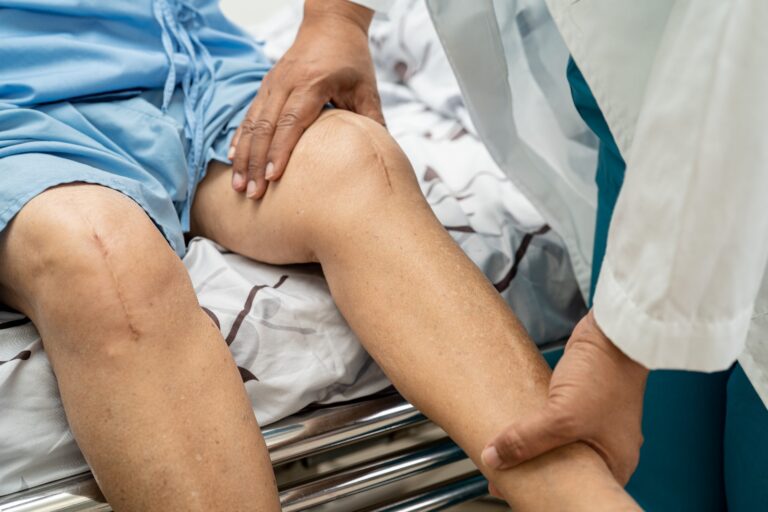Pre & Post Surgical Rehabilitation
Pre & Post Surgical Rehabilitation
Pre and post-surgical rehabilitation programs are designed to optimize patient outcomes before and after surgical procedures. These programs are typically tailored to the specific needs of each patient and the type of surgery they are undergoing. Here’s an overview of pre and post-surgical rehabilitation:
Pre-Surgical Rehabilitation:
Assessment: Before surgery, patients undergo a comprehensive assessment by a physical therapist or rehabilitation specialist. This assessment helps identify any pre-existing impairments, functional limitations, or risk factors that may affect the surgical outcome.
- Education: Patients receive education about the upcoming surgical procedure, expected outcomes, and rehabilitation process. They may learn about pre-operative exercises, pain management techniques, and post-operative care instructions.
- Prehabilitation Exercises: Pre-surgical rehabilitation often includes exercises aimed at improving strength, flexibility, and range of motion in the affected area. These exercises help prepare the body for surgery, reduce the risk of complications, and enhance post-operative recovery.
- Psychological Support: Pre-surgical rehabilitation may also address psychological factors such as anxiety, stress, or fear related to the surgery. Counseling or relaxation techniques may be offered to help patients cope with the upcoming procedure.
Post-Surgical Rehabilitation:
- Immediate Post-Operative Care: After surgery, patients receive immediate post-operative care to manage pain, swelling, and inflammation. Physical therapists may assist with early mobilization, positioning, and gentle exercises to prevent complications such as blood clots or joint stiffness.
- Progressive Rehabilitation: As the patient progresses in their recovery, rehabilitation exercises and interventions are gradually intensified to restore function, mobility, and strength. Physical therapists may use modalities such as manual therapy, therapeutic exercises, and neuromuscular re-education to facilitate recovery.
- Functional Training: Post-surgical rehabilitation focuses on improving functional abilities and helping patients return to their normal activities. This may involve tasks such as walking, stair climbing, lifting, and balance activities tailored to the patient’s specific goals and lifestyle.
- Patient Education: Throughout the rehabilitation process, patients receive ongoing education about post-operative precautions, activity modifications, and strategies for managing pain and swelling. They learn techniques to promote optimal healing and prevent re-injury.
- Gradual Return to Activity: As the patient progresses in their rehabilitation, they are guided through a gradual return to work, sports, or recreational activities. Physical therapists provide guidance on activity progression, safety considerations, and strategies for preventing future injuries.
Overall, pre and post-surgical rehabilitation programs aim to maximize functional recovery, minimize pain and complications, and facilitate a successful return to daily activities and quality of life. These programs are often an integral part of the comprehensive care provided to individuals undergoing surgical procedures.


